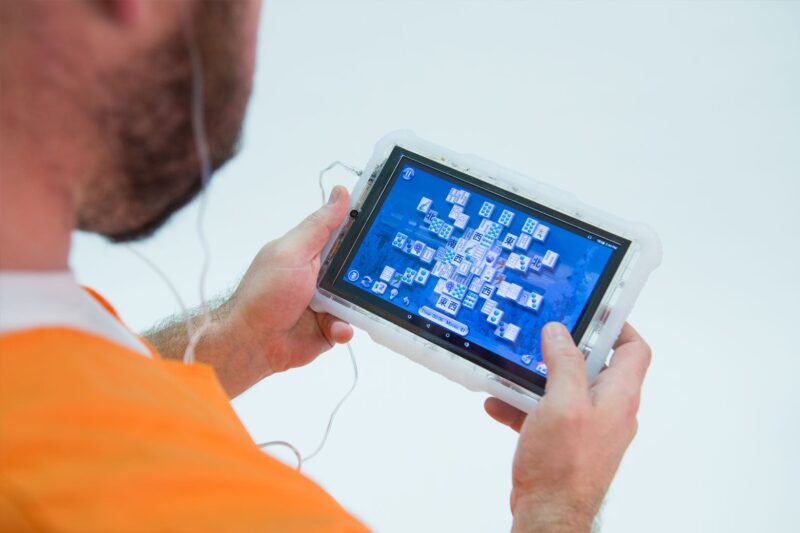Emerging from the confines of a prison cell after many years is akin to stepping into an alien world, especially when it comes to technology. The rapid evolution of devices and digital platforms can evoke a wave of fear and uncertainty for those who have been away from society’s advances.
Imagine the whirlwind of smartphones buzzing with notifications, social media platforms alive with activity, and the sheer volume of information at one’s fingertips. For many, this relentless pace can be overwhelming, and the thought of engaging with technology may feel daunting.
Yet, overcoming this fear is not only possible but essential for reintegration into modern life. As we navigate this journey together, well explore practical strategies and mindset shifts to help you bridge the gap between the past and a future rich with opportunity.
Embrace this challenge, because each step forward is a step toward empowerment and connection in this new chapter of your life.
Understanding Your Fear: Acknowledging the Impact of Isolation
Understanding your fear of technology after years of isolation is an essential first step in overcoming it. The years spent in prison can create a profound disconnect from the rapid technological advancements that have transformed daily life.
Imagine stepping out and encountering smartphones that seem to communicate more than people do, or a world full of digital interactions that feel alien. This anxiety is not just about the gadgets themselves; it’s about the fear of being left behind, of not being able to adapt to a world that has evolved in your absence.
Acknowledging these feelings is crucial—recognizing how isolation has shaped your perceptions and fears can empower you to take small, manageable steps toward re-engagement with the technology that now surrounds you. Allowing yourself to feel this fear can lead to understanding it, creating a pathway toward confidence and familiarity in a world that may initially seem overwhelming.
Reconnecting with the Digital World: Taking the First Steps

Reconnecting with the digital world after years of separation can feel like stepping into a whirlwind of unfamiliarity, but its entirely achievable, one small step at a time. Begin by familiarizing yourself with the basics—perhaps start with a smartphone or tablet, tools that are intuitive and user-friendly.
Explore the touch screen; swipe, tap, and scroll—these actions can feel empowering. Don’t hesitate to ask questions; seek out someone you trust to guide you through simple tasks, whether its sending a text or browsing social media.
As you gain confidence, set manageable goals, such as learning to send an email or watch a video online. Remember, it’s okay to feel overwhelmed initially; embrace the learning process.
Each click, each text is a step towards rebuilding your connection with the world, a world that is rapidly evolving but still welcomes you back.
Educate Yourself: Learning About Modern Technology

To navigate the rapidly changing landscape of modern technology, start by immersing yourself in learning. Begin with the basics—what is a smartphone, how does the internet work, and what role do apps play in daily life? You might find a fascinating world of information at your fingertips.
As you explore, consider enrolling in community classes or online courses designed for beginners. These resources can demystify complex concepts and empower you with essential skills.
Don’t hesitate to ask questions—curiosity is your ally. Engage with others who are also learning; their different perspectives and experiences can enrich your understanding.
Moreover, practice using technology regularly. Whether its sending an email, browsing the web, or participating in social media, each small step builds confidence.
With time and persistence, youll find yourself not just adapting but thriving in this new digital reality.
Conclusion
In conclusion, overcoming the fear of technology after spending many years in prison is a journey that requires patience, support, and a willingness to learn. For individuals, particularly for a black man re-entering society, embracing new tools and digital platforms can open up pathways to education, employment, and meaningful connections. It’s important to approach this transition with an open mind, seeking resources and communities that foster understanding and skill-building.
By taking small, manageable steps, and seeking mentorship or training, anyone can navigate the complexities of modern technology and reclaim their place in a rapidly evolving world. Ultimately, by confronting these fears head-on, individuals can not only enhance their personal growth but also contribute positively to their communities, demonstrating resilience and adaptability in the face of change.



